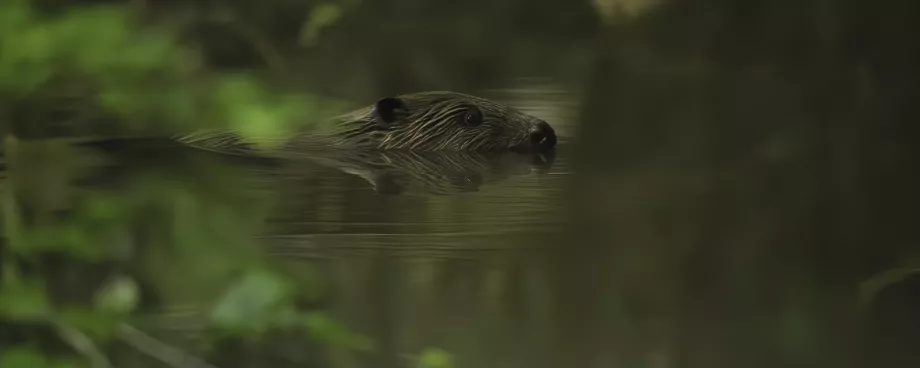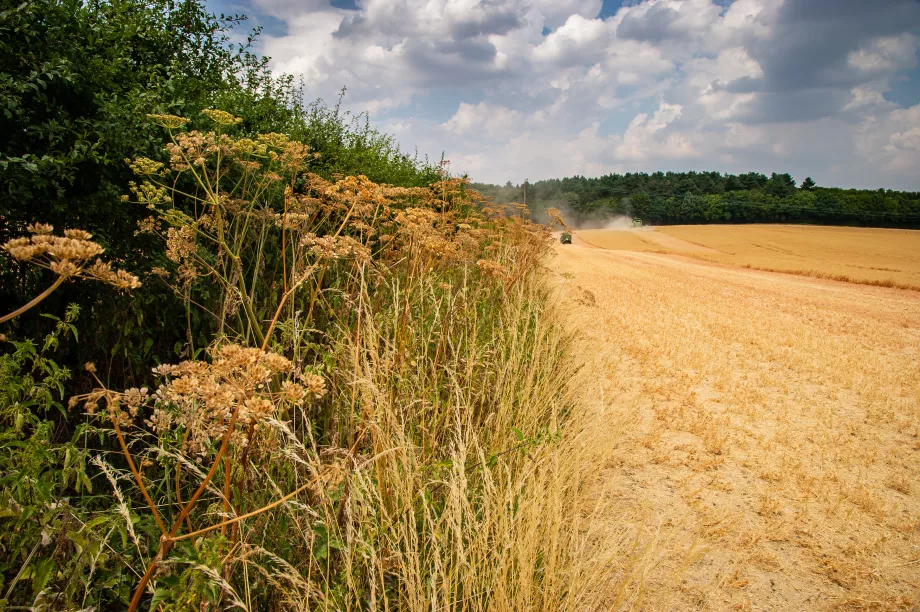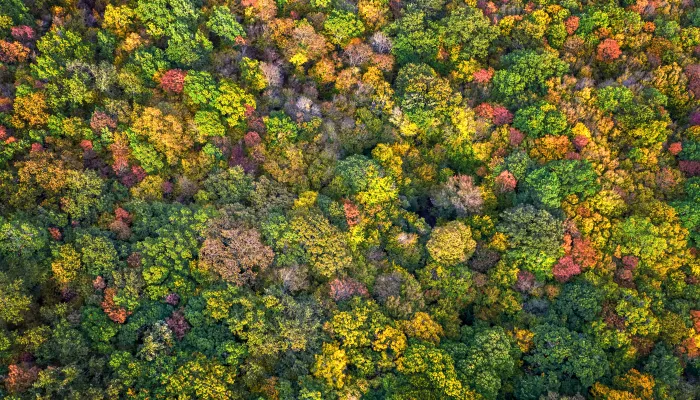
©️ Russell Savory
Restarting natural processes in all our native habitats through the use of large herbivores, or beavers, can also increase biodiversity and make the carbon these habitats lock up more durable and resilient in the face of a changing climate. This is the approach that Kent Wildlife Trust takes and can be seen in action through our groundbreaking Wilder Blean Initiative and Wilder Grazing programme.
In comparison, DEFRA has allocated just £400 million over two years for tree planting and peatland restoration, and it has not allocated any money to making sure this done by genuinely working with nature to maximise the long-term benefit. The UK is made up of a diverse and varied patchwork of habitat types, therefore by investing in just two types of natural assets, we are missing opportunities to restore globally rare habitats and lock up carbon across the country. We have projects in Kent that are ready to go across a range of different landscapes from wood pastures to wetlands and grasslands, but we need the funding to do it.
The UK Government announcement just last week introducing Principles for Nature Markets is a strong signal that nature-based solutions are implicit in the success of delivering nature and climate goals by 2030, but with only 5 years to go, the scale of private capital required has not been stimulated soon enough and DEFRA will need to be prepared to bridge the gap in financing to make up for lost time. And unless it is delivered in a way that is adaptive to changing climate and to maximise wider benefits, this could be wasted investment for the longer term.
Growing for nature
The big headline for farmers has been around the changes to agricultural property relief and the potential impact on family farms. While we don’t have a position on decisions regarding taxation of agricultural property, there is a concern regarding any decision which risks greater homogenisation of the farmed landscape, and which could affect farmers’ ability to make decisions on more nature friendly farming.
There was also news on the future of Environment Land Management Schemes. The Government has confirmed continued funding for existing schemes for the next years with a new higher-level Countryside Stewardship Scheme launching in 2025, but they also indicated that a review would be needed to ensure future affordability. Funding which supports farmers to adopt more regenerative agricultural approaches and contribute to the defragmentation of our countryside is absolutely critical but as part of the review, we would encourage DEFRA to look at ways to create more long-term gains and increase uptake. DEFRA themselves also need to be resourced to process applications for the new higher-tier and Sustainable Farming Incentives quickly.

Independent analysis on behalf of The Wildlife Trusts, RSPB and National Trust conducted earlier this year found that £3.1 billion needs to be spent on nature-friendly farming and land management annually in England to meet the UK Government’s legally-binding targets. The devastating flooding in Valencia demonstrates what climate change can do to communities and the urgency to meet these targets. The budget includes £60m in payments to farmers impacted by flooding and a further £2.4 billion over two years to build flood defences. But yet again, by working with nature, we can deliver solutions through natural flood management which will provide resilience to climate change, improved habitats, and food security.
We have a climate, nature, and growth crisis in the UK which must be tackled together. The economic and ecological cost of climate disasters will only continue to grow so the only real way to successfully rebuild Britain is to invest in rebuilding nature.

